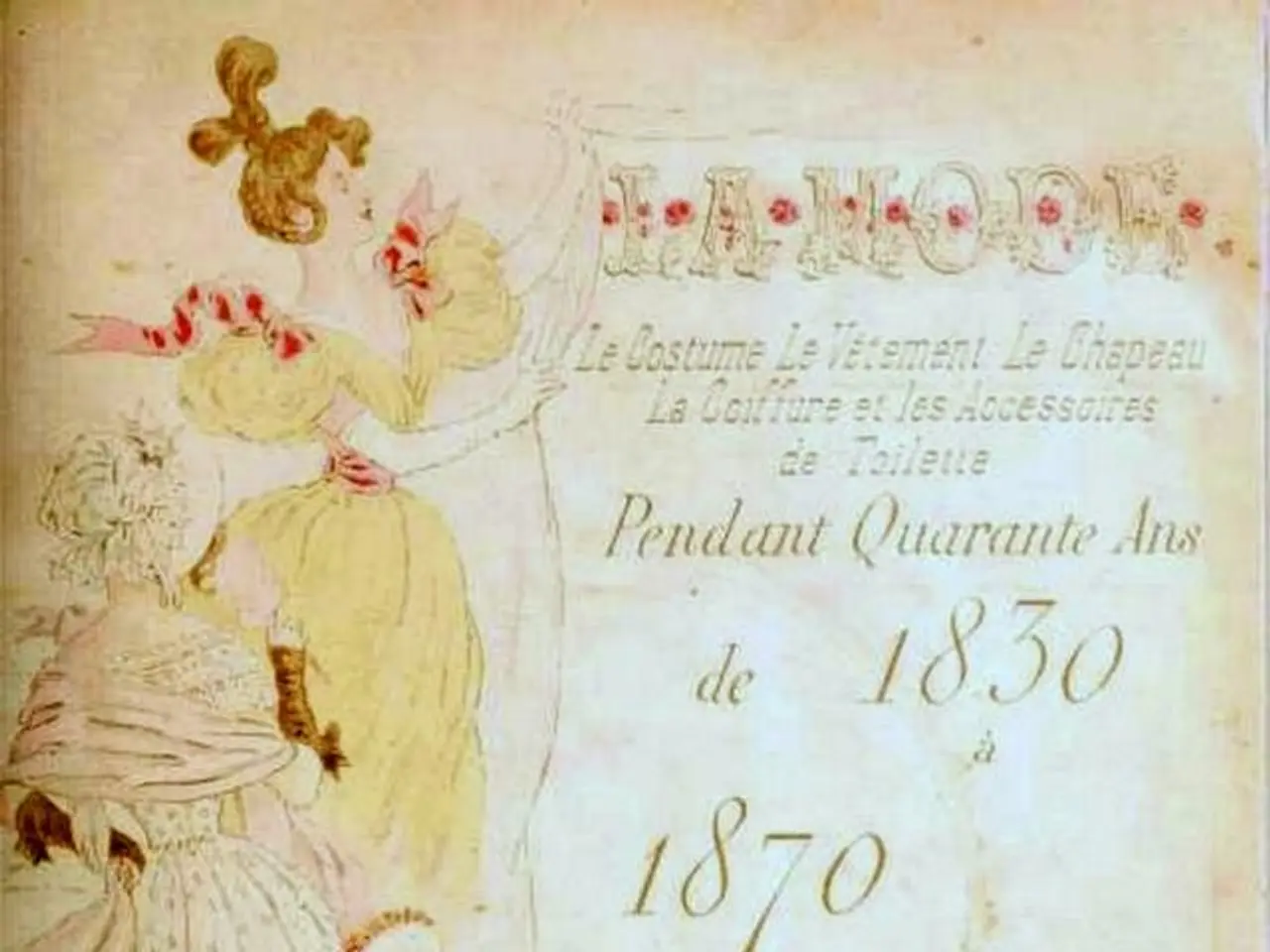Faulty Artifacts: The Human Urge to Rectify Others' Imperfections
In adulthood, some survivors of childhood abuse may find themselves unconsciously attempting to fix others, a behaviour rooted in their own damaged selves. This phenomenon is not uncommon, particularly among individuals who have been placed outside their families in institutions such as residential care homes.
These environments, often rife with social isolation, physical, psychological, sexual, and social violence, can leave lasting impacts such as fear, humiliation, self-hatred, and impaired capacity for attachment. This history of maltreatment is linked to a tendency in affected individuals to want to repair or protect others, possibly motivated by their own unmet needs and trauma.
However, it's important to note that not all broken or damaged things or people desire to be fixed. Acceptance or leaving them as they are can also be an option. This is a fundamental aspect of healthy relationships, which consist of mutual respect, love, and acceptance between partners. Relationships that include one partner feeling that the other is not good enough as they are and requires work to make them more acceptable often lead to frustration, sadness, anger, and resentment.
Fixing someone else can unconsciously fulfill one's own self-repair needs. For some, the special feelings of accomplishment that come from changing someone's life can be appealing. The unpredictability of seeing the impact of one's work on someone else can also be a draw. However, it's crucial to remember that changing someone for one's own benefit is not healthy and should be avoided.
Persons with an abused past are more likely to struggle with low self-esteem, depression, anxiety, and low self-worth. Some survivors of childhood abuse have difficulty accepting the abuse was not their fault and may internalize they are not loveable or good enough. This can drive the urge to fix others, as they may believe that by saving or fixing someone else, they can validate their own worth.
The thrill of a challenge is another reason for wanting to fix others. Growing up in an unhealthy environment can create challenges for someone in relating to others in a healthy environment. Seeing oneself in someone else can drive the urge to fix them, as it may provide a sense of familiarity and a chance to address past traumas.
It's essential to acknowledge these urges and seek professional help if necessary. Understanding the root causes of these behaviours is the first step towards healing and fostering healthier relationships. Remember, true healing comes from self-acceptance and self-love, not from fixing others.
Read also:
- The current status of green hydrogen for developing countries following the wave of hype: Assessment of remains
- Rapid Growth in Bio-based Polypropylene Sector Anticipated at a Compound Annual Growth Rate of 26.5% by 2034
- Potential Fire Hazards in U.S Power Grids Due to Artificial Intelligence Data Facilities
- Quarterly Report on Business Operations by Lithium Universe Ltd








